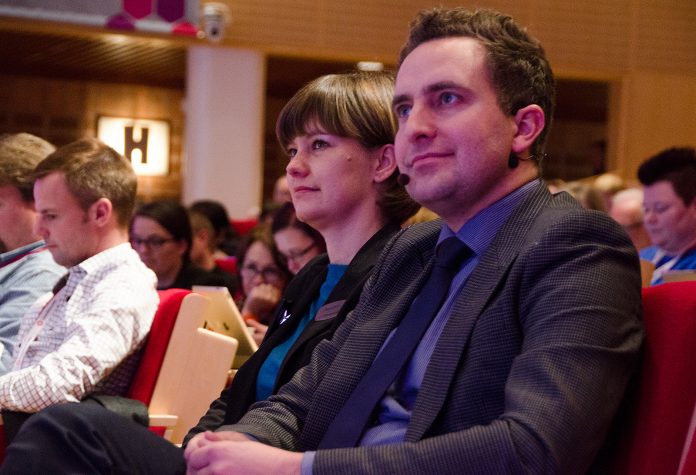COVID-19 vaccines should be produced also in developing countries to overcome the pandemic, development MEPs told Commissioner Urpilainen on Thursday.
“Distributing vaccines globally is our exit strategy from the pandemic,” International Partnership Commissioner Jutta Urpilainen told the Development Committee, adding that the Commission will coordinate a “common EU vaccine sharing mechanism”, in which EU countries can donate part of their vaccines through the COVAX program, especially when vaccine production is scaled up.
The EU is also seeking to scale up production capacity in developing countries and to contribute to strengthening their regulatory framework in the pharmaceutical field, she said.
“The main tool that the EU can help developing countries with” remains the COVAX assistance program, which aims to deliver vaccines to poorer countries and to which the EU contributed by €850 million, said the commissioner. She announced that COVAX will start deliveries to 18 countries, including 12 low and medium income ones, by the end of February, Urpileinen added.
Vaccine manufacturing in developing countries
Welcoming EU’s involvement in the COVAX assistance program and its focus on distributing vaccines to developing countries in need, several MEPs nevertheless questioned the strategy of vaccine sharing, pointing to current shortage of vaccine doses in the EU itself.
Some speakers pressed for suspending vaccine patents as a way out: the EU must allow developing countries to produce their own inexpensive vaccinations instead of relying on EU charity, they said.
“We need to fight this pandemic globally as no single nation or even a united EU will be able to solve the crisis alone. It has an immense impact on the developing world, and the full range of consequences is not yet known. We know that developing countries are at risk of losing ten years of progress if nothing is done. If we are to combat this virus effectively, the vaccine has to be available for all. We are calling on the EU to take the lead in enhanced global cooperation and emphasising the role of widespread immunisation against COVID-19 as a global public health good,” said Tomas Tobé (EPP, SE), the chair of the Committee on Development.
In an upcoming draft report, the committee is set to ask for substantial new funds to assist developing countries worldwide in their fight against COVID-19, including by making vaccines available globally. Last spring, Development Committee Chair Tomas Tobé called for such action, and the committee urged the international community to protect the most vulnerable.
In a debate in November 2020, the GAVI Alliance told the committee the COVAX assistance program they lead planned to deliver two billion doses of safe, effective COVID-19 vaccines to developing countries by the end of 2021.

